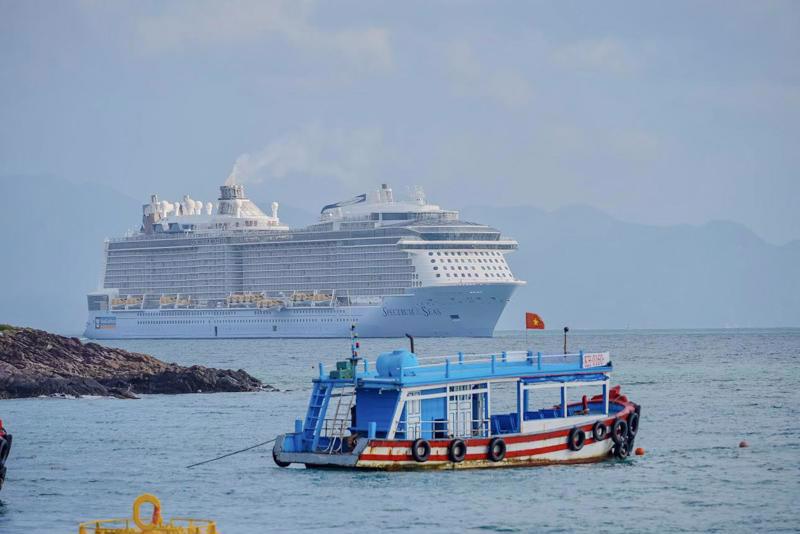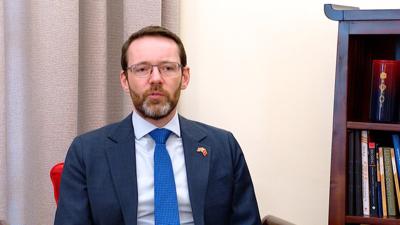Vietnam to implement international convention for ballast water management
Under a plan approved on June 14, Vietnam will work to control and prevent maritime pollution.

A plan to implement the International Convention for the Control and Management of Ships' Ballast Water and Sediments (BWM) in 2024 was approved under Prime Ministerial Decision No. 515/QD-TTg, signed by Deputy Prime Minister Tran Luu Quang on June 14, according to a report from the Government News.
Under the plan, Vietnam will work with BWM member states to control and prevent maritime pollution and the destruction of native ecosystems by alien organisms transported through ship ballast water.
Accordingly, foreign ships arriving at Vietnamese ports will be examined for evaluation of ships' ballast water.
All ships, including those of Vietnamese or nationalities, operating in Vietnam's waters are requested to comply with the provisions of the 2004 BWM Convention (including port waters, territorial waters and exclusive economic zones).
Vietnam, which joined the BWM Convention on November 23, 2023, encourages information and technological sharing on the field.
The convention, adopted in 2004, aims to prevent the spread of harmful aquatic organisms from one region to another, by establishing standards and procedures for the management and control of ships' ballast water and sediments, according to the International Maritime Organization.
Under the convention, all ships in international traffic are required to manage their ballast water and sediments to a certain standard, according to a ship-specific ballast water management plan. All ships will also have to carry a ballast water record book and an international ballast water management certificate. The ballast water management standards will be phased in over a period of time. As an intermediate solution, ships should exchange ballast water mid-ocean. However, eventually most ships will need to install an on-board ballast water treatment system.







